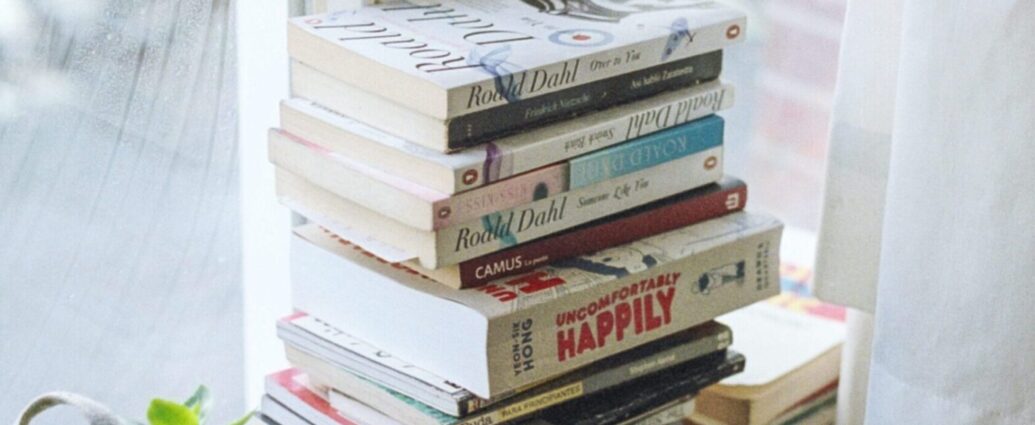Niamh Kelly
Reading for leisure is something I’ve always struggled with. From such a young age we go through literature lessons with a strict TBR list containing the ‘classics’, which are really just a running stream of aged novels with authors writing, mostly, from a place of privileged whiteness.
I’ve started to unpack this misconstrued attitude towards reading recently, reflecting on my education and considering the types of books that were prioritised as ‘staples’ of the English language and Western literature.
What Are We Taught at School?
Reconsidering the books I had to study at secondary school and throughout an English Literature degree has forced me to realise that most of the authors I studied were straight, white, and male – Shakespeare, Steinbeck, Miller, and Ibsen are a few, from a long list, that come to mind.
Whilst I may have enjoyed studying these authors’ texts at the time, I was shocked when I started to develop my own taste in reading, finding I most enjoyed books that were completely opposite to the ones on my university reading list.
My Journey Reading for Leisure
“This book found me at the most perfect time and it held my hand through to the last page.”
Since graduating, I’ve made it my personal goal to read more. I have found what literature speaks to me personally and how this encourages me to find my next book.
Immediately after finishing my last English literature exam, I started reading Kawaguchi’s ‘Before the Coffee Gets Cold’. This book found me at the most perfect time and it held my hand through to the last page.
Continuing on my journey to falling back in love with reading, I tried a short story next. I was quickly developed a taste for Japanese fiction, short stories, and certain biographies of people in the public eye.
Like almost everyone on BookTok and anyone who is interested in reading, I was swept away by Jennette McCurdy’s frightfully honest biography ‘I’m Glad my Mom Died’. Moving from that, I read ‘Assembly’ by Natasha Brown which would be considered Black British fiction.
Prospectively, I would like to read more Black fiction and fiction written by women to break the hold that texts by male authors had on my reading taste whilst in education.
Top Tips to Leisure Read
If you too are falling into a book slump and want to read for leisure again, these top tips will no doubt get you back into the swing of reading:
Switch up your genre
If you’re used to reading dense non-fiction novels, try something entirely different from your norm.
Some genres that are long neglected by most are Japanese fiction, Bildungsroman, novellas (penny dreadful), crime, dystopian etc. These genres sit outside the bubble of popular fiction and are sure to shake it up, exposing you to new worlds of writing.
Try a different author
Just because one author has lost you as a regular reader, doesn’t mean that another author can’t be the one to bring you back into your passion for reading.
Read less
Remember – there is no pressure to read the heavy stuff. Find some short novellas to get some quick reads under your belt.
Breaking up dense texts with lighter, fun pieces can help you gain confidence in your reading ability, while keeping things exciting. This tip has been especially useful for me as someone who is trying to read more and more each day – I’ve been looking at award-winning novellas for my next read!
Test out a new form
If you’re realising that reading novel after novel isn’t working for you, maybe attempt a biography from your favourite celebrity, a play (classic or modern), or even a collection of poetry.
These tips may not be beneficial for everyone, but they could definitely pull you out of a reading slump, helping you to navigate which genres and styles are for you.
What Needs to be Done?
“the education system should adapt to accommodate for a more modern and varied list of authors”
I believe that diversifying your reading taste is so important, especially if (like me) you’re someone who can have long breaks between books and start to forget the joy of reading.
I also think the education system should adapt to accommodate a more modern and varied list of authors, rather than promoting one particular narrative.
Featured image courtesy of Florencia Viadana on Unsplash. Image license can be found here. No changes were made to this image.

